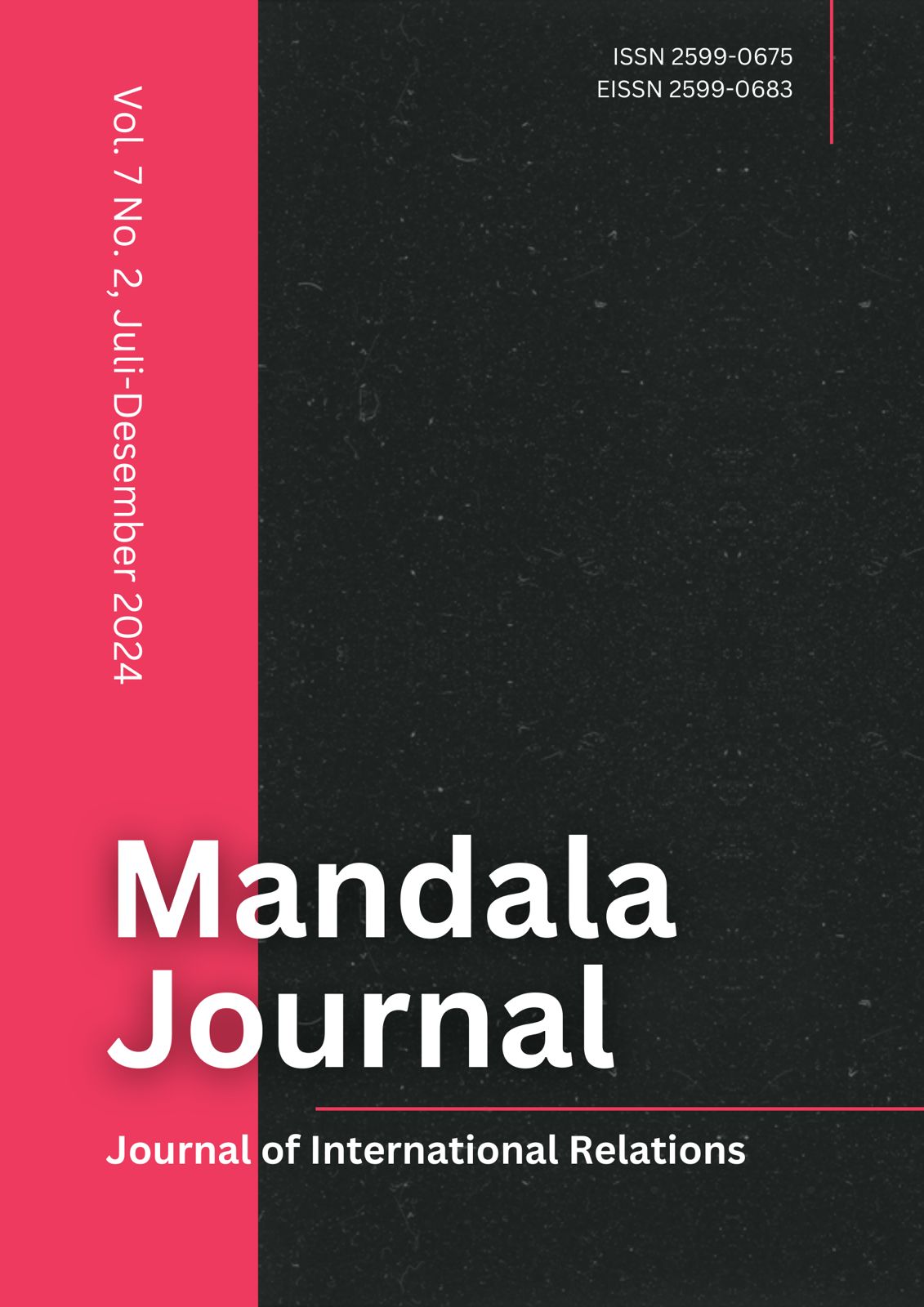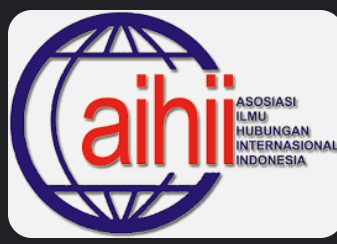Implementasi Tujuan Pembangunan Berkelanjutan (TPB) dalam Hukum Lingkungan Hidup Nasional Negara-Negara Anggota ASEAN
DOI:
https://doi.org/10.33822/mjihi.v7i2.8927Abstract
Climate change is increasing the impact of natural hazards. As a region vulnerable to the impacts of climate change, ASEAN member states have proactively taken steps to implement sustainable environmental protection at the domestic level. The concept of Sustainable Development Goals (SDGs) is then used to trace the application of life protection laws in ASEAN member countries based on qualitative-descriptive analysis. This research uses secondary data in the form of official government documents, research journals, and other scientific articles. This research argues that the national environmental protection laws of each ASEAN member state have represented the principles of the SDGs. All regulations are based on a continuous anthropocentric perspective. In general, regulations on environmental protection and management in the domestic of ASEAN member states are in accordance with the principles of SDGs points 3, 6, 7, 8, 9, 13, 14, and 15. It is still rare to find countries that apply SDGs 1, 2, 4, and 16 in their main domestic life protection laws.






